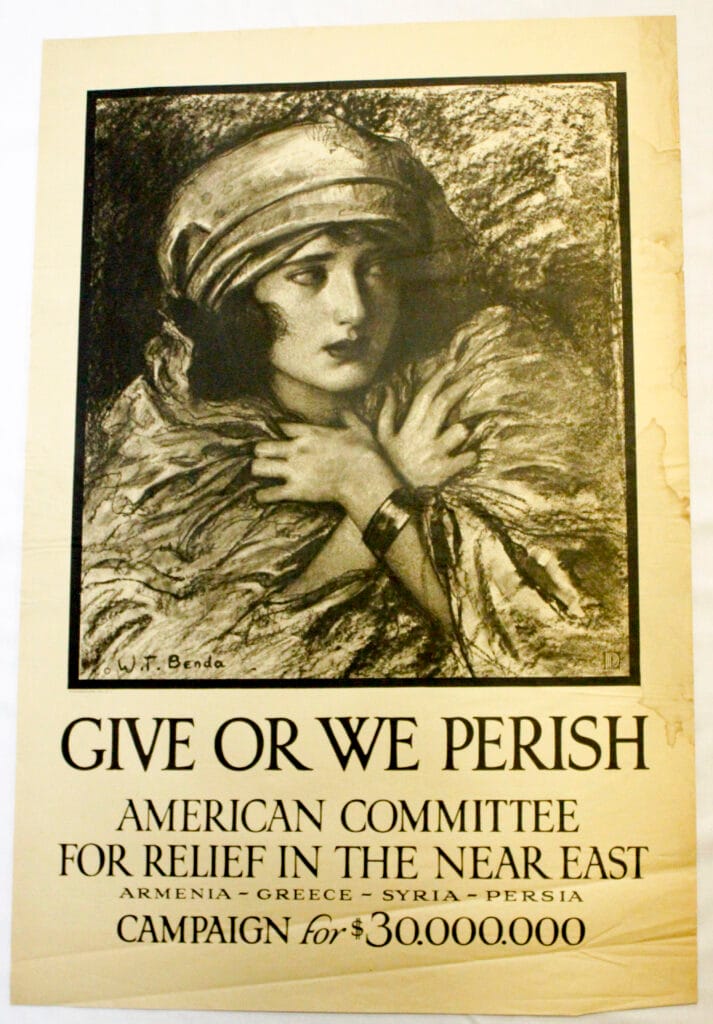The Turks and Armenians have been at war for centuries. Perhaps the major event in the war was in the years leading to WWI. The Turks invaded the Armenian region of their empire, killing about 1 million. More recently, Armenia invaded Turkish Azerbaijan, taking territory including the Negorno Karabakh region, while killing and exiling 50,000. Armenia had allied in its fight with Iran and Russia while Azerbaijan had allied with Turkey and Israel. Fighting had continuing until last week when Trump signed a peace deal that involved the US private industry (Trump) building a corridor, modestly named the Trump Road for International Peace and Prosperity (TRIPP). No normal diplomat or investor would indulge in such a deal, and no normal person would commit to it. It seems certain to fail, but then again, it might bring peace to the region and money for Trump.
The logic of the deal, and why it might work, is that the wars may have not been so much wars of religion, but wars of geography. The Armenian, Christian communities are dispersed within the Muslim Turkish and Azerbaijani communities. Without their help the Armenians can not communicate with each other nor sell or receive goods. Turkish and Azerbaijani communities are dispersed within Armenia and Iran. Azerbaijan is divided in half, while Negorno Karabakh is entirely within Azerbaijan. The proposed Trump Road would allow transit and trade. Trump and colleagues would to build and defend this road, allowing trade, in particular allowing the flow of oil and gas from eastern Azerbaijan to western, and perhaps even to Turkey, implied is also free trade with Negorno Karabakh. It seems good, and the leaders of Armenia and Azerbaijan have signed their agreement. As presented, the road would be Armenian territory, but would allow free transit, though not likely of weapons from Iran.

Could it work? Trump is a magician, and sometimes he does what seems impossible. Still there is a lot that could go wrong. Even if this conflict isn’t religious, there are long simmering hatreds, and deep distrust. This is, at best couples therapy, and the one who typically loses is the peace maker. The Armenian Daily Journal has already complained that Armenia gets too little economic benefit, “just crumbs.” There is no way to please both sides, 100%.
There is also a trouble maker, Iran. Iran is in the middle of a 1000 year long religious war for control of the region. Iran sells oil and gas to Turkey and Syria, while funding revolutionaries, Hezboalh. They are not willing to see their trade displaced by Azerbaijan and the US. Iran’s leaders have threatened war to maintain their control. Iran was more threatening two months previously, but Trump punctured Iran’s nuclear program, and joined with Turkey and Israel in the removal of Hezbollah from Syria. Iran still has one card more, but it’s weaker than it was. As a member of BRICS, they have called on their BRICS allies, China, India, and Russia to help them keep the US out. So far, nothing. In a region like this, no normal person would get involved, but Trump is no normal person, and peace is good, if only for a few years (or weeks).
Robert Buxbaum August 23, 2025; A week prior to this peace agreement, Trump seems to have forced a peace between Cambodia and Thailand by refusing to negotiate trade with either until they make peace. Here’s the BBC’s take.


Pingback: Trump’s temporary (permanent?) peace between Thailand and Cambodia | REB Research Blog